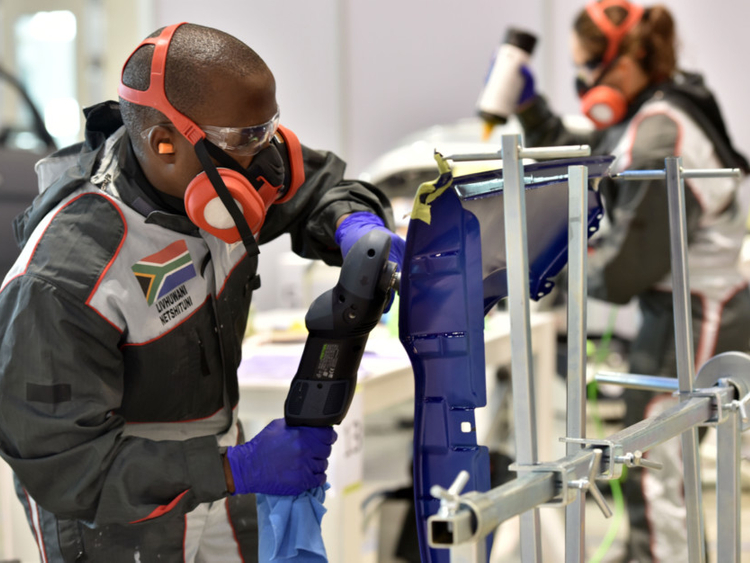
Abu Dhabi: Today’s youth need to have strong foundational skills that allow them to reskill and change jobs whenever required, a panel of high-level ministers said here on Monday.
This is because changing industries and jobs is one of the most effective methods of reducing unemployment, which the International Labour Organisation estimates has reached at least 71 million today.
“Today, knowledge is available at the click of a button or through a smartphone. So we need to equip our children with competencies and skills from a young age so that they can change as many jobs as they wish. And because jobs themselves are no longer guaranteed, the youth should be qualified enough to even become job-creating entrepreneurs,” said Hussain Ebrahim Al Hammadi, UAE Minister of Education.
“Technical and vocational education offer a doorway to such employment opportunities, and we are working towards ensuring that at least 40 per cent of our high school graduates are armed with advanced technical skill sets,” he added.
Al Hammadi was speaking at a panel discussion held as part of the WorldSkills Conference, a two-day event at which 30 ministers and industry leaders will discuss challenges in industry, education and labour supply. The conference is being organised alongside the WorldSkills 2017 competition, the largest international contest in vocational skills in which 1,300 participants from 60 countries are competing against one another.
The competition is being organised by the Abu Dhabi Centre for Technical and Vocational Education (Actvet), which aims to increase the number of Emiratis pursuing rewarding technical careers.
Ali Al Marzouqi, chief executive officer of WorldSkills Abu Dhabi 2017, told Gulf News that only about 15 per cent of students in Abu Dhabi currently go on to pursue careers in technical and vocational fields.
Experts said that technical careers are still mistakenly viewed as second-grade choices, pursued only by low-performing students.
“In the past, this may have been the case because only traditional skills were required by technical workers. Now however, technical workers need to think critically, and constantly reinvent their abilities and skills in order to keep pace with industrial changes,” said Montserrat Gomendio, deputy director for education and skills at the intergovernmental body, the Organisation for Economic Cooperation and Development (OECD).
A need for lifelong education and reskilling therefore requires students to be well-versed in core skills like communication, languages and math, the ministers said.
“Technical and vocational education can provide opportunities to develop and hone these foundational skills, and a strong technical and vocational education and training industry therefore helps counter youth unemployment,” Gomendio said.
Michel Servoz, director general for employment, social affairs and inclusion at the European Commission, also said that technical and vocational education should not be seen as the end of the road for learning.
“We need these students and workers to be skilled enough to pursue further general education [at universities], if they wish. In addition, there should be systems in place that allow technical workers to join university-based courses and degrees. Only then can we change the perception that technical careers and education are second-grade,” he advised.
The WorldSkills conference ends on October 17, and the competition with 51 skills categories will wrap up on October 18.

















